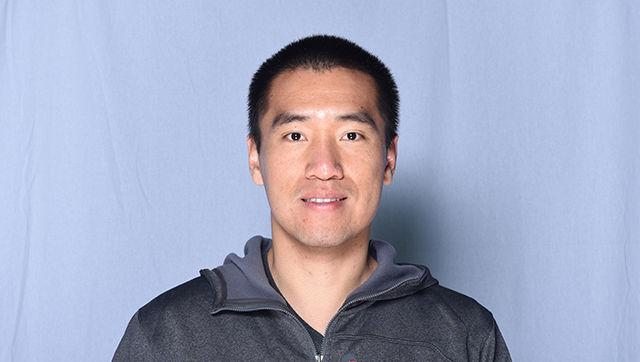Money and power are not always a perfect marriage. This is true in anything run by humans, not restricted to politics. Power is not necessarily held by government officials. It can be in the hands of any person who makes a decision. College admission, an area that supposedly has the weakest connection with money, is actually looming among U.S. colleges and universities.
Reuters published an investigative report last week on the issue that admission officers at elite U.S. colleges were bought by a Chinese company to gain improper advantages over student admission.
Though the Chinese company Dipont Education denied all the accusations, the authors of Reuters’ report cited several of Dipont’s ex-employees saying that the company has spent generously on admission officers of schools such as Vanderbilt, University of Virginia and Davidson College. Dipont Education holds an annual summer program that invites many admission officers from top U.S. colleges and universities and was said to offer them general travel reimbursement and cash.
While admission offices are allowed to accept airfares but not cash from U.S. high schools, there’s no law governing whether or not the same could apply to international travels. The lack of law and regulations creates a space for money to come in with rent-seeking purpose.
It is difficult to prove the allegations against Dipont as the company can always explain the offers are one type of monetary compensation to admission officers, as guest speakers are paid according to a market rate in many other situations. Whether or not the acceptance of cash and travel reimbursement could influence the admission decision on the company‘s clients is almost impossible to verify. However, just because allegations are hard to justify does not mean such murky behaviors should be allowed.
To understand why both Dipont Education is able to build connection between elite schools and its Chinese clients, perspectives from the American colleges and Chinese students’ desire for higher education deserve attention.
During the great recession in 2008, America’s higher education system, especially public universities, was hit harshly in terms of financial resources, with state government cutting public money dramatically and a significant decline of donation. Admitting out-of-state students, particularly international students, has helped universities fill up their wallets quickly.
The past five years have witnessed soaring numbers of high schools and colleges admitting international students, where Chinese students constitute the majority. The fast pace of admission does not come trouble-free. Several newspapers and media sources such as Chronicle for Higher Education and Wall Street Journal have written essays on how many Chinese students admitted to the U.S. colleges are still not proficient in English to the degree required to take courses. This is one piece of evidence that some American colleges and universities have lowered their academic standards when recruiting international students.
From the Chinese parents’ and students’ perspective, enrolling in an elite school is seen as a promising future to their career, and eventually more wealth and success. In Chinese traditions, education is perhaps the only means of earning a higher income and climbing to a higher level in their career. How students learn and how education shapes students’ ways of thinking is not as important as getting into a prestigious school.
In the job market, students are usually evaluated based on what schools they attended. Widespread organized cheating on SAT, GRE and other exams, reported by The Atlantic, clearly shows that many Chinese parents and students use all available means, both legal or illegal, to enroll in U.S. colleges, with the higher ranking, the better.
This is a typical example of the “tragedy of commons” in economics, referring to the analogy that individuals acting according to their self-interests gradually erode the common good for all. It has taken decades or even centuries for elite colleges to build their reputations. But now, everyone in this situation, including admission officers, act toward each other’s own interest at the cost of slow decay to colleges’ reputation and poorer quality of education itself.
Unfortunately, given the lack of legal guidance, this shady corruption of admission can be prevented only when school officials intervene and modify ethical codes. The difficulty lies in how much college leaderships want to compromise their reputation for the financial hunger.














